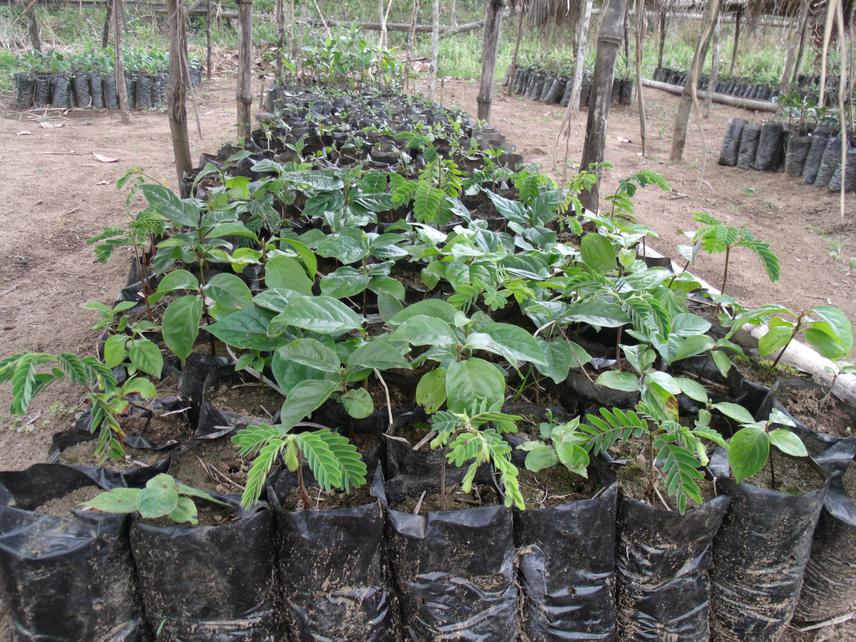Radosoa Andrianaivoarivelo
Other projects
30 Jul 2008
Hunting of Endemic Rousettus Fruit Bats in Madagascar: The Demand for Bushmeat, the Impact on Bat Populations and the Socioeconomic Context
5 May 2023
Food Resource Dynamics and Distribution of Natural Habitats May Determine the Panmictic Population Structure of Madagascar Fruit Bats and Improve their Strategic Management
Our project aims to conserve and restore threatened forest sites that provide ecological service for local community and where fruit bats feed through community involvement and ecological research.

Our finding in 2011 funded by Rufford Small Grants and in collaboration with other partners demonstrated that, the major threats to the bats in our intervention site were hunting at roost sites and deforestation. There is growing evidence that, forest clearing for agriculture purpose make the bats permanently desert the roosts, which also leads to the loss of forest food species the frugivore community feed on. Our mission is to contribute with the commitment of the community to preserve the ecological service provided by the forests in Western Ampasimaneva, which are feeding sites of Pteropus rufus and Rousettus madagascariensis. The source of “Soamandaranana” river alimenting the hydroelectric turbine and clean water for the Ampasimaneva village is from the upper side of the forests we will conserve.
We will prepare tree nursery supplemented by seeds accompanying the faeces of P. rufus and R. madagascariensis. The seedling plants will be planted in degraded areas of both sides of the Somandaranana River and other degraded lands.
With the contribution of the local community and the local forest administration, the surrounding forest sites above the Soamandaranana River will be physically marked and social contract with people living around the forest will be created in order to to reduce and master the slash and burn practice threatening the humid forests in our project site in Ampasimaneva.
We will create and train a local association with members from the Ampasimaneva village to manage the working capital and the functioning of the hydroelectric and clean water systems,
The role of the local association we will create is to ensure the maintenance of the hydroelectric and clean water systems and associated installations. We will select men in the association and teach them the maintenance work consistent with applicable regulations and rules.
Some 12000 of indigenous plants from seed collected from the P. rufus and R. madagascariensis bats will be planted. Pioneer plants (Harungana madagascariensis, Solanum mauritianum) will also be planted with the plants from the fruit bat faeces. The local community will be sensitized about the importance of planting trees in the degraded lands and contribute during the reforestation. A comparative study will be conducted to assess the growing rate between seeds from the bat faeces and seed from intact fruits (same species).